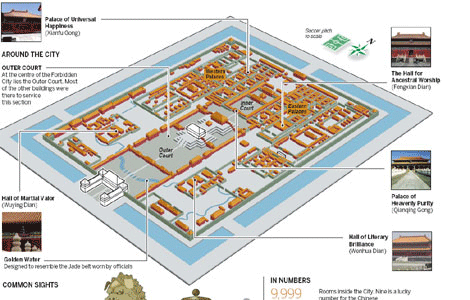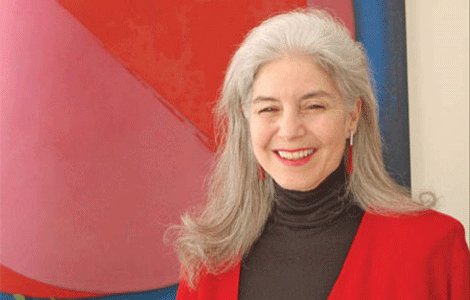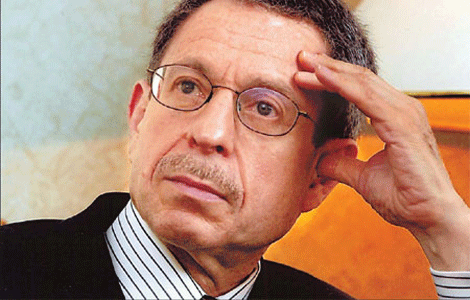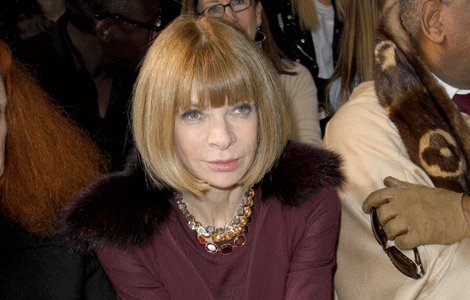Politics
China pushes for opening up to Eurasian heartland
Updated: 2011-09-01 21:35
(Xinhua)
The idea of the China-Eurasia Expo was part of the central government's plan to boost development in Xinjiang after the 2009 Uruqmi riots that left 197 people dead and 1,700 others injured.
Nur Bekri, chairman of the Xinjiang regional government, described the event as a key move in the country's overall opening-up strategy and an important occasion to showcase Xinjiang's economic development and openness to overseas businesses.
"We need to make the expo a name-card for Xinjiang's prosperity, openness, and social harmony," the chairman said.
Organizers said about 50,000 officials and business people from China and about 30 countries, regions and international organizations are expected to attend the five-day trade fair. It was upgraded from the 19-year-old China Urumqi Foreign Economic Relations and Trade Fair, a regional trade fair, last year.
Authorities said the upgrade will make Urumqi an important exchange platform for leaders and businesses in China and its western and southern neighbors.
Shanghai Cooperation Organization Secretary-General Muratbek Imanaliev said that the expo serves as a platform to help regional governments and business leaders solve tough issues like energy exploitation and environmental protection while enhancing inter-government cooperation.
Small traders place hope on the expo too.
"Business is ok, but I hope to make more contracts at the expo," said Tuniyatz Imin, an ethnic Uygur from the county of Luntai who sells dried fruit products.
"I reaped profits from the government's increased investment in the food processing sector," Imin said. "But many farmers in my county remain poor. The government should try to further raise farmers' incomes."
Zhu Hailun, the party secretary of the Communist Party of China's Urumqi municipal committee, said the value of the expo will be measured by the value of trade and investment deals Urumqi receives this year.
In the first six months alone, more than 300 domestic companies, including the construction and machinery company Sany Group and the electronics retailer Suning Appliance, invested a total of more than 28 billion yuan in Urumqi, Zhu said. Mall developer Dalian Wanda Group is planning to invest in Urumqi this year as well.
But Zhu said that maintaining stability is Xinjiang's local governments' primary challenge. With violence checked, the region can seize development opportunities at the expo and greatly raise the living standards of local residents, he said.
"Overall stability results in overall development, and long-term stability results in long-term growth -- that is Xinjiang's reality," Zhu said.
E-paper

Unveiling hidden treasures
The Forbidden City, after the Great Wall, is the most recognized tourist site in China.
Short and sweet
Game for growth
Character reference
Specials

China at her fingertips
Veteran US-China relations expert says bilateral ties have withstood the test of time

The myth buster
An outsider's look at china's leaders is updated and expanded

China in vogue
How Country captured the fascination of the world's most powerful fashion player
